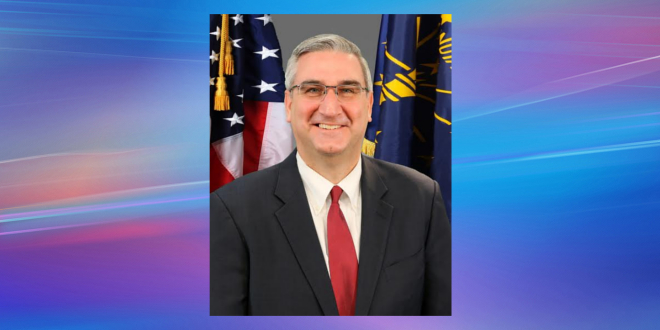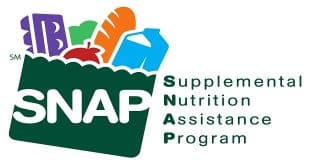INDIANAPOLIS – Gov. Eric J. Holcomb has submitted Indiana’s 156 Opportunity Zone nominations to the U.S. Secretary of the Treasury. The federal Opportunity Zone program was created in the 2017 Tax Cuts and Jobs Act and provides federal capital gains tax incentives to attract private sector investment to low-income urban and rural communities.
“This new program provides one more tool to attract investment and help more of our Hoosier communities succeed,” Gov. Holcomb said.
The federal initiative allows up to 25 percent of a state’s eligible low-income census tracts to be designated as Opportunity Zones. For Indiana, that meant Gov. Holcomb could nominate a maximum of 156 census tracts. Once approved by the U.S. Department of the Treasury, the designations remain in place for 10 years—encouraging long-term investment in the selected communities.
The full list of nominated census tracts is available online here.
These selections were made after much public input and careful consideration, looking at both community need and potential opportunity for investment. The state collected extensive economic data on all eligible census tracts and received close to 2,000 recommendations, including input from 357 local officials, stakeholders and citizens via an online portal.
With support from the Governor’s Office and several state agencies, an external advisory group convened by Gov. Holcomb provided the final list of recommendations to the governor. That advisory group was comprised of five geographically diverse members: Ann Murtlow from Indianapolis (president and CEO, United Way of Central Indiana), Don Villwock from Edwardsport (former president, Indiana Farm Bureau), Leigh Morris from La Porte (former mayor, La Porte), Brenda Gerber Vincent from Fort Wayne (chief development officer, Lifeline Youth & Family Services) and Keeley Stingel from Salem in Washington County (executive director, Homeless Coalition of Southern Indiana).
The 156 nominated census tracts are located in 58 counties covering all or portions of 83 cities and towns throughout the state. Upon approval of the Secretary of the U.S. Treasury, these Opportunity Zones will cover over 1,000 square miles and the residences of over 500,000 Hoosiers. The average poverty rate in these census tracts is 31 percent.






